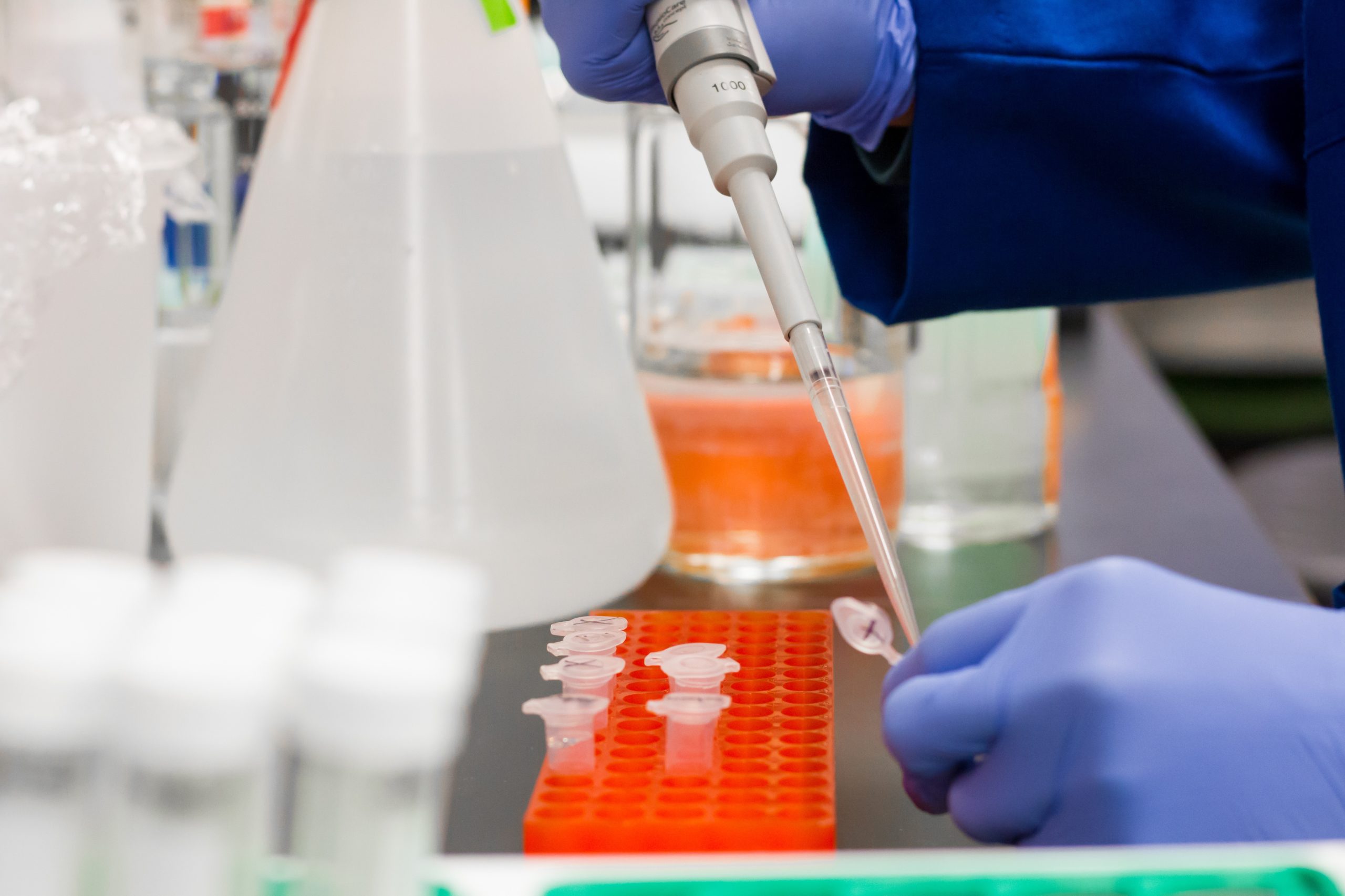2/10/2020
In a world of mass media where misinformation can be common, it can be very easy for companies to take advantage of the public by misleading them. Recently, a few health care companies have been exposed for doing just this.
Theranos was a biotechnology company started in 2003 on the basis of being able to conduct many medical tests off of only a finger prick of blood. Investors were highly drawn to the company and poured in money, believing that the revolutionary technology would transform the health industry. However, in 2018, an insider exposed Theranos, claiming that the company’s blood analysis machines were not capable of producing the test results that it claimed it could, and that tests performed contained “inaccurate and unreliable” information. Instead, it was one large, fraudulent scheme.
In its 15 years of operation, Theranos had scammed not only investors, but also doctors and many patients that believed in the technology. After the fraud allegations, the company and all of its lab testing centers were forced to close. Elizabeth Homes, the CEO of Theranos, grew the company to $9 Billion and was recognized as the youngest female billionaire before the claims of fraud on her name. She is now under investigation and is set to begin trial in July 2020.
After being exposed, Theranos grew large attention in the public eye. Many questioned how Theranos had been able to operate for so long, given the US has laws and agencies such as the Federal Drug Administration in place to stop malpractices such as these. After further reviewing the company, it was found that the FDA only ever approved Theranos’ test for herpes. Theranos defended themselves by stating that it did not have to gain approval from the FDA for any of the diagnostic blood tests it performed because they were voluntary. This type of practice, however, can be very deceiving to individuals that are not well informed on the practices of the medical industry and its regulations.
Furthermore, data drawn from the medical tests Theranos claimed to accurately perform can be highly sensitive. Individuals may make large life decisions based on revelations made about his or her own health through these tests. When this information is wrong or inaccurate, as it was from Theranos, it can have very dangerous and destructive effects on individuals. Therefore, for a company to declare that it can perform accurate tests, fully knowing it cannot, is extremely unethical and problematic.
Now, companies such as Goop and Johnson & Johnson have also been exposed for making misleading health claims to the public. Goop, Gweneth Paltrow’s lifestyle company, recently came under fire for stating that its products can fix conditions such as anxiety, depression, or a hormonal imbalance. However, many question whether it is true or just an advertising ploy. Similarly, Johnson & Johnson was recently ordered to pay $344 million for deceptively selling pelvic-mesh products, knowing the negative repercussions that the product had on women’s health.
These recurring deceptive health claims are alarming and have created many discussions regarding the regulation of information in the health industry. In an industry that is so personal and sensitive, how can we stop the spread of misinformation and bar companies from taking advantage of the general public for monetary gain? Are there any additional measures that can be taken beyond the FDA to regulate claims made by health related companies?

